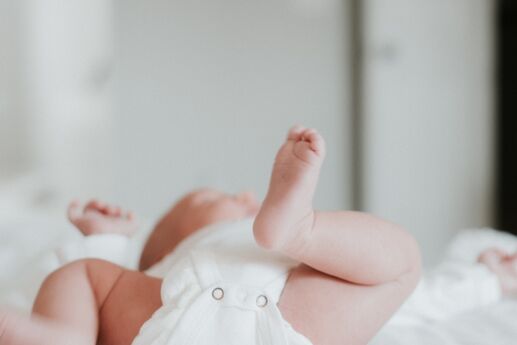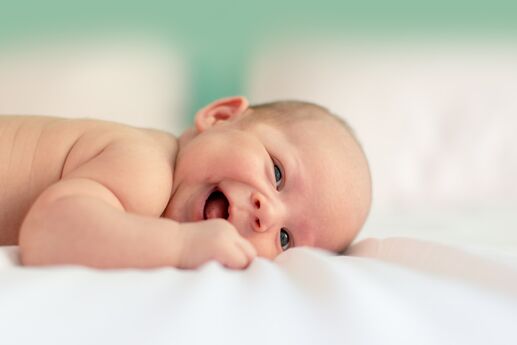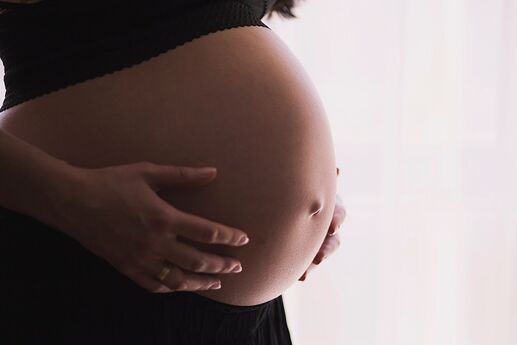Best Way to Change a Diaper
Changing your baby's diaper is an important task that every parent and caregiver must learn to do correctly. While it may seem like a simple task, there are proper techniques to ensure that the baby's bum stays clean, comfortable, and healthy. In this blog post, we will discuss the best way to change a baby's diaper.
Before we get started, it's important to note that babies need to have their diapers changed frequently. Newborns may need to be changed up to 10 times a day, while older babies may need changing every 2-3 hours. A wet or soiled diaper can cause diaper rash, which can be painful and uncomfortable for the baby. Additionally, a dirty diaper can lead to infections and other health problems.
Now let's get into the steps for changing a baby's diaper the proper way
Step 1: Gather Supplies
Before you begin, make sure you have all the necessary supplies within reach. You'll need a clean diaper, wipes, diaper rash cream (if necessary), and a changing pad or clean surface to lay the baby on. It's important to have everything you need before you start, because you're not going to have a chance to run grab something mid-diaper change.
Step 2: Prepare the Baby
Lay the baby on his/her back on the changing pad or clean surface. If your baby is older and like to wretch and wriggle, you may need to use a strap to secure them in place. Undo the tabs on the dirty diaper, but don't remove it yet. Use the front of the diaper to gently clean up any poop from the baby's bottom, being careful not to wipe too hard or irritate the skin. If the baby has a lot of poop, you may need to use a wipe to clean them up before removing the diaper.
Step 3: Remove the Dirty Diaper
Once you've cleaned up any poop, gently lift the baby's legs by the ankles with one hand and use the other hand to slide the dirty diaper out from under the baby. Be careful not to bump the baby's head or bottom during this process.
Step 4: Clean the Baby
Using wipes or a damp cloth, gently clean the baby's bottom and genital area. Be sure to clean in all the folds and creases, as these areas can trap moisture and cause diaper rash. If your baby has a rash or is prone to diaper rash, you can use diaper rash cream at this time.
Step 5: Put on a Clean Diaper
Place the clean diaper under the baby, making sure the back of the diaper is lined up with the baby's bottom. Bring the front of the diaper up between the baby's legs and secure the tabs on each side. Be sure to adjust the diaper so that it's snug but not too tight. You should be able to fit one or two fingers between the baby's skin and the diaper.
Step 6: Clean Up
Once you've put on the clean diaper, dispose of the dirty diaper and wipes in a diaper pail or trash can. Wash your hands thoroughly with soap and water.
Additional Tips:
- Keep one hand on the baby at all times during the diaper change to prevent them from rolling off the changing table or pad.
- If you're changing a baby boy's diaper, be sure to point his penis downward before securing the diaper to prevent leaks.
- If you're using cloth diapers, follow the manufacturer's instructions for washing and care to prevent bacterial growth and odors.
- If your baby has a persistent diaper rash, consult your pediatrician for advice on treatment and prevention.
Changing a baby's diaper may seem like a daunting task, but with practice, it will become second nature. By following these steps and tips, you can ensure that your baby stays clean, comfortable, and healthy.
Photo by zelle duda on Unsplash







